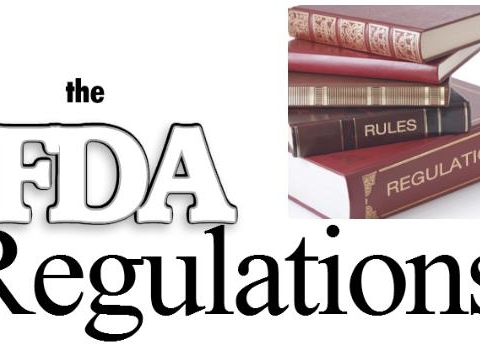A lot of transformations in the pharmaceutical industry over a period of time have fueled an increase in the outsourcing of activities such as validation, qualification, calibration, auditing etc. Transformations such as the boost in R&D expenses, expiring patents of path-breaking medicines, resulting in the increase in the launch of related generics, etc. are compelling pharma companies to come up with creative business solutions for reducing their overhead costs.
Also, numerous companies have emerged which specialize in lab calibration services, audits etc., which are crucial and mandatory from a regulatory and GMP perspective. The most outsourced are validation, qualification and calibration. They envelop the development, operation and maintenance aspects of a pharma company and are continuing activities.
Validation
A well-planned approach which involves the collecting and analyzing of data to offer logical assurance and documented evidence that a process which is carried out within specified parameters consistently produces results which fall within preset specifications.
Computer System Validation
The IT system forms an integral part of every Life Science company as it is used to control, support and document various different processes. A Computer System Validation (CSV) process ensures that the IT backbone functions faultlessly as intended. Computers handle and store crucial data and thus any failure within them can be risky and lead to expensive product quality failures. Hence, it calls for a detailed analysis and validation of such critical systems.
From design to routine use, all phases of software should be controlled throughout its development lifecycle (SDLC), to ensure accurate validation. This holds more importance in context of biopharmaceutical companies. Hence, a CSV procedure covers every aspect of the application of relevant controls and processes throughout the SDLC.
Qualification
It is a process which is a part of but not limited to the validation process. Qualification is relevant in terms of equipment and machinery, and is divided into three categories –
- Installation Qualification (IQ) – Installation procedure of any equipment is highly crucial and determines its performance. IQ is used to validate whether or not the delivery, installation and configuration of that instrument, its sub-systems and any ancillary systems have been carried out as per the manufacturer’s specification. Besides, any current Good Manufacturing Practice or cGMP requirements which pertain to the Installation Qualification (IQ) process and the approach used for this process are comprehensively documented in the Validation Master Plan or the VMP.
- Operation Qualification (OQ) – OQ process is carried out to determine whether or not the equipment’s performance is consistent with the user requirement specification and is well within the operating ranges specified by the manufacturer. It is mandatory that all items listed in the test plan should be checked individually and their performance be documented. The primary purpose of this qualification test is to inspect and identify the features of equipment which can influence final quality product.
- Performance Qualification (PQ) – Prior to the PQ process, a comprehensive test plan is created based on the process description. PQ comprises verification and documentation of whether or not the equipment is performing productively within its specified working range. All instruments are tested together as a part of the partial or overall process.
All these three processes are an integral part of the quality assurance system and help ascertain whether the new equipment is installed appropriately and is performing as per the user’s requirements to consistently deliver the desired results.
Calibration
Parameters such as the range, accuracy and precision of an instrument are defined by calibration. It is used to establish whether or not a device or an instrument is delivering the exact results within the specified limits in comparison to those obtained from a recognized standard over a relevant range of measurements. This process is crucial for any pharmaceutical company because it advocates the other two important principles – validation and qualification. It also plays a vital role in developing a robust quality management system.
Instrument calibration services offered by accredited laboratories are used to rectify instruments which are giving erroneous results because of either overuse or being affected by atmospheric conditions. Regular calibration ensures consistent and precise results. These services are also required while building or renovating departments and also when new instruments are bought. Pharmaceutical companies can also hire these services to carry out Factory Acceptance Tests (FAT) and Site Acceptance Tests (SAT) on their behalf. Both these tests include dynamic and static inspection of entire systems or major parts to support the qualification of equipment. The only difference between these tests is that FAT is carried out at the suppliers’ site and SAT is conducted at the manufacturing site.
These three principles are of utmost importance for any pharmaceutical company. Hence, it is necessary to be certain that you choose appropriate GMP service providers, because even the smallest of setbacks on any of these three fronts can mean unwarranted expenses or a product recall.
About Author
Edward Simpson works for RS Calibration Services and has a knack for finding faults in machines and does not rest until they are rectified to perfection. He lives in Pleasanton, CA and loves to write about how machines work and about the importance of proper care and calibration of equipment. When he’s not working or writing, he loves to run to stay fit.








